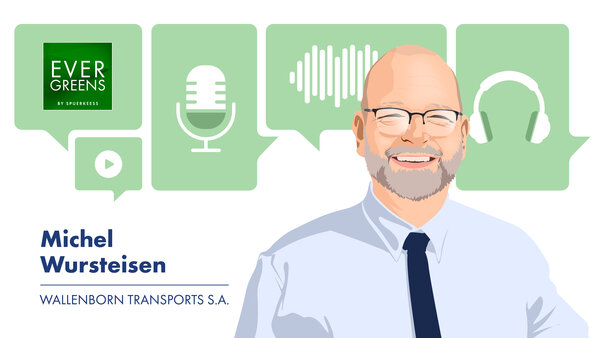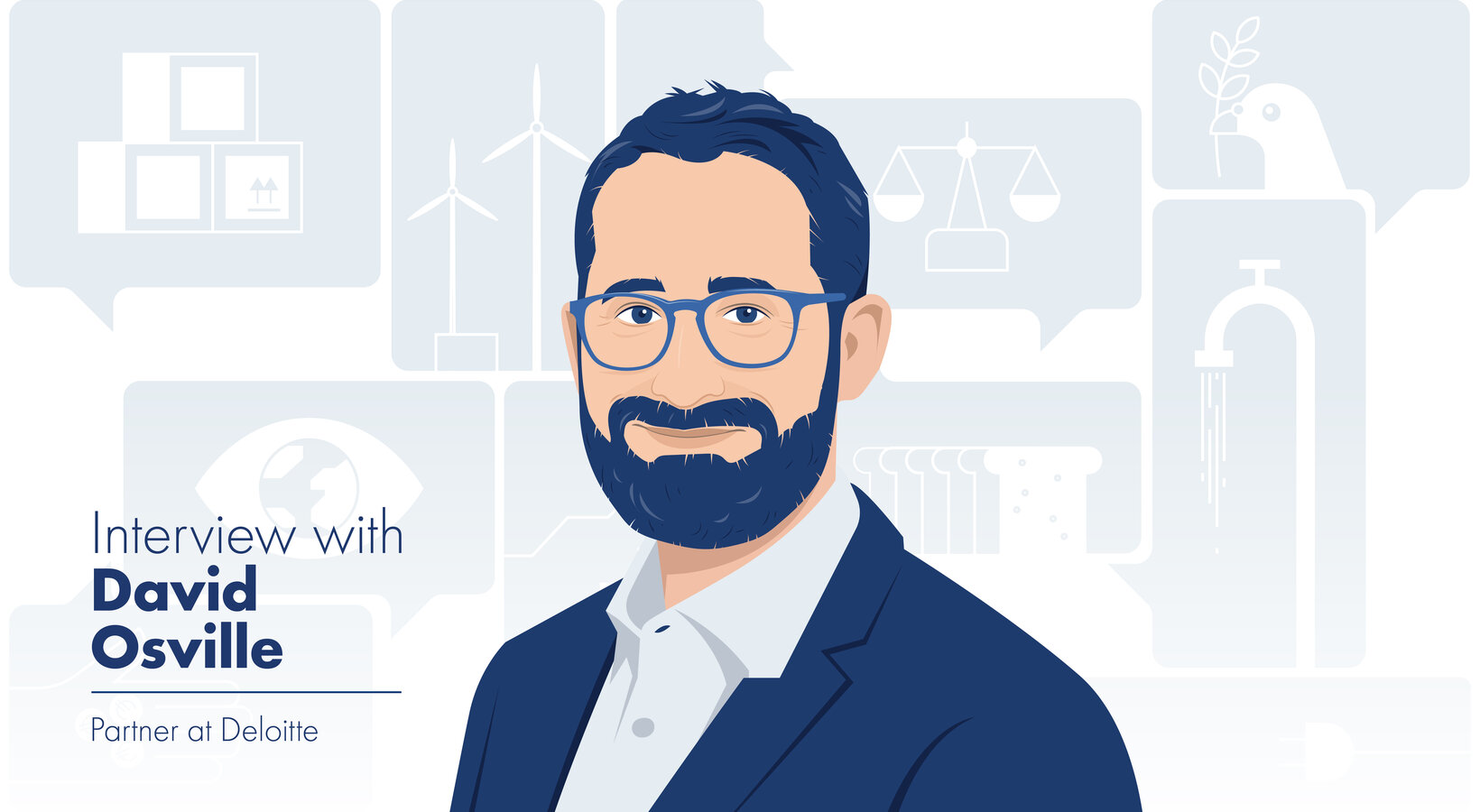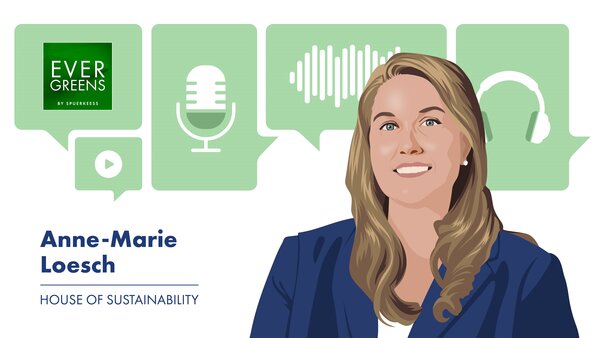5 useful tips:
1. Vision: Successful Smart City visions should be ambitious but specific, with clear criteria and timeframes to measure success.
2. Ecosystem: Public-sector stakeholders are critical in making cities smarter, but traditional government silos can hinder progress. Future smart cities must convene problem solvers and think beyond traditional boundaries.
3. Governance: In seeking to unite a diverse ecosystem of stakeholders, smart cities need defined governance: articulated responsibilities, appropriate information sharing to decisionmakers, and authority given to decision-makers.
4. Technology underpinnings: The technology required for each Smart City will differ according to its needs, but all smart cities should integrate foundations like system architecture, data governance, interoperability, and cybersecurity.
5. Funding: Novel approaches to municipal governance deserve novel approaches to financing. Crowdfunding, public and private funding from joint enterprises, partnerships can supplement traditional sources like tax revenue and municipal bonds.



![[Translate to English:] [Translate to English:]](/fileadmin/_processed_/9/7/csm_426_EXP_Romy_Reding_Spuerkeess_28mars25_f6a6df7a8f.jpg)
![[Translate to English:] [Translate to English:]](/fileadmin/_processed_/5/8/csm_SP_175_Illustration_422_EXP_Bertrand_Lathoud_Luxembourg_House_of_Cybersecurity_d8f6d97d0e.jpg)
![[Translate to English:] [Translate to English:]](/fileadmin/_processed_/f/5/csm_SP_171_Illustration_420_EXP_Philippe_Parage_CN3_77e5a0f32e.jpg)
![[Translate to English:] [Translate to English:]](/fileadmin/_processed_/5/8/csm_SP_171_Illustration_420_EXP_Lars_Weber_Spuerkeess_301b899cc5.jpg)

![[Translate to English:] [Translate to English:]](/fileadmin/_processed_/8/7/csm_410_EXP_Luigi_Garofoli_Spuerkeess_6fe92987c1.jpg)
![[Translate to English:] [Translate to English:]](/fileadmin/_processed_/7/d/csm_417_RSE_Max_Didier_CDCL_ac53048797.jpg)
![[Translate to English:] [Translate to English:]](/fileadmin/_processed_/1/7/csm_416_EXP_Marco_Rasque_Da_Silva_Spuerkeess__1__33f3f45032.jpg)
![[Translate to English:] [Translate to English:]](/fileadmin/_processed_/9/a/csm_415_EXP_Stephanie_Damge_House_of_Entrepreneurship_ef4a4a81e8.jpg)
![[Translate to English:] [Translate to English:]](/fileadmin/_processed_/3/6/csm_414_EXP_Tom_Wirion_68ffad8a51.jpg)
![[Translate to English:] [Translate to English:]](/fileadmin/_processed_/0/7/csm_Jessica_Thyrion_ESG_080dab77d5.png)